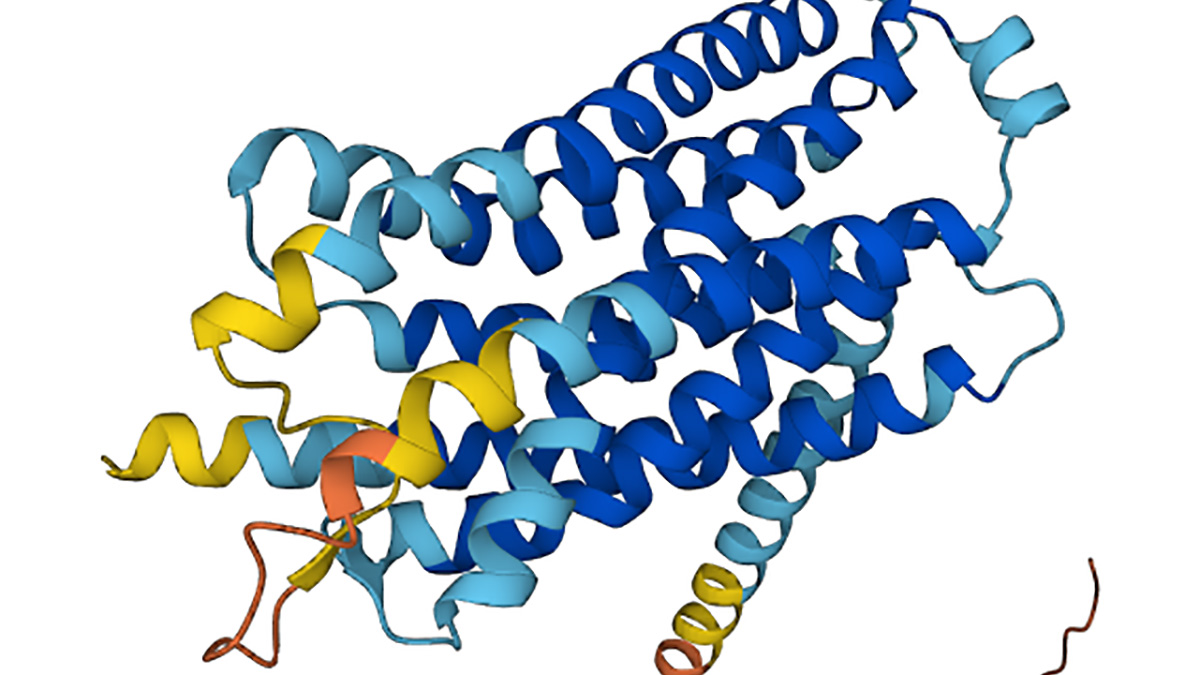
AI’s Revolution in Protein Folding: Unraveling the Complexity of Biological StructuresAI’s Revolution in Protein Folding: Unraveling the Complexity of Biological Structures Proteins, the building blocks of life, are intricate molecules that orchestrate a vast array of biological processes. Their shapes, determined by the precise folding of their amino acid chains, dictate their function and are crucial for understanding disease and developing new treatments. However, determining the precise three-dimensional structure of proteins has proven to be a formidable challenge, requiring years of painstaking experimental work. Enter artificial intelligence (AI), which is revolutionizing the field of protein folding by unlocking the secrets of these complex molecules. AlphaFold2: A Game-Changer for Predicting Protein Structures In 2021, DeepMind, a Google-owned AI research company, unveiled AlphaFold2, a neural network model that has achieved unprecedented accuracy in predicting protein structures. AlphaFold2 leverages vast databases of experimental data and advanced computational techniques to deduce the likely shapes of proteins from their amino acid sequences. The results have been astonishing. In the biennial Critical Assessment of Protein Structure Prediction (CASP) competition, AlphaFold2 consistently outperformed other methods, achieving atomic-level accuracy for a large number of proteins. This breakthrough has opened up new possibilities for understanding protein function and designing therapeutic interventions. Accelerating Drug Discovery and Development Protein folding plays a crucial role in drug discovery. By accurately predicting the structure of target proteins, AI can facilitate the design of drugs that bind to specific sites and disrupt disease processes. This can accelerate the development of new treatments and reduce the time and cost of bringing them to market. Understanding Cellular Processes AI-driven protein folding is also providing valuable insights into cellular processes. By analyzing the structures of proteins involved in various metabolic pathways, researchers can better understand how cells function and respond to different stimuli. This knowledge can lead to new strategies for treating diseases and improving human health. Unlocking the Potential of Bioengineering In the field of bioengineering, AI-powered protein folding is enabling the design of novel proteins with specific properties. This has applications in materials science, biotechnology, and the development of new biofuels. By harnessing the power of AI, researchers can create tailored proteins that meet the demands of various industrial and medical applications. Conclusion AI’s ability to unravel the secrets of protein folding is transforming the fields of biology, drug discovery, and biotechnology. AlphaFold2 and other AI-driven methods are providing unprecedented insights into the molecular basis of life, accelerating scientific discoveries, and opening up new avenues for innovation and therapeutic development. As the field continues to advance, AI promises to unlock even greater potential in understanding the complexity of proteins and shaping the future of medical and scientific research.
Posted inNews